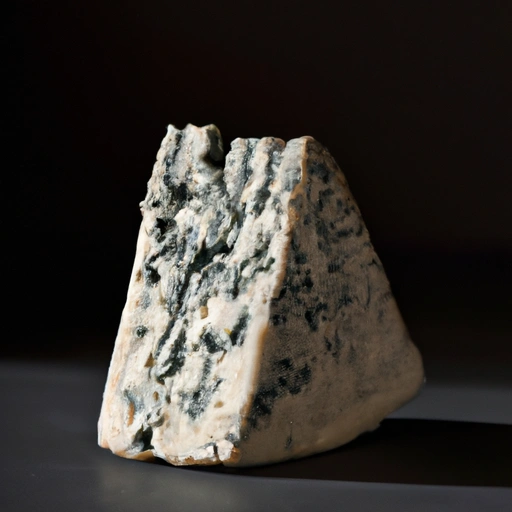Gorgonzola
Description

Gorgonzola is a distinct Italian blue cheese originating from the regions of Piedmont and Lombardy. Made from unskimmed cow's milk, it is known for its creamy texture and strong flavor profile, characterized by blue-green veins of mold that impart a sharp, piquant taste. Gorgonzola is commonly used in various recipes and is often savored in cheese platters, salads, and sauces.
Common uses
Gorgonzola cheese is widely used in gourmet cooking and casual fare alike. It adds a creamy, tangy element to salads, is a key ingredient in rich sauces, and elevates the flavor profile of risottos and pasta dishes. Its bold taste also makes it a popular choice for cheese boards, often accompanied by nuts, honey, and fruits.
Nutritional value
Calories
Approximately 356 calories per 100 grams (3.5 oz).
Protein
About 21 grams (0.74 oz) of protein per 100 grams (3.5 oz).
Fat
Roughly 28.7 grams (1 oz) of fat per 100 grams (3.5 oz), predominantly saturated fat.
Carbohydrates
Approximately 2.5 grams (0.09 oz) of carbohydrates per 100 grams (3.5 oz).
Vitamins
Contains Vitamin A and some B-vitamins including B2 (Riboflavin) and B12.
Minerals
Rich in calcium, providing about 395 mg (0.014 oz) per 100 grams (3.5 oz), as well as phosphorus and zinc.
Health benefits
Gorgonzola cheese, like other dairy products, provides essential nutrients such as calcium and protein. These contribute to bone health and muscle maintenance. The presence of probiotics due to the fermentation process can also aid in promoting a healthy digestive system.
Potential risks
Due to its high saturated fat content, those with cholesterol issues or heart disease should consume Gorgonzola in moderation. Additionally, as it is a mold-ripened cheese, it may not be suitable for individuals with mold allergies or compromised immune systems.
Common recipes
Gorgonzola is often used in recipes like Gorgonzola risotto, pear and Gorgonzola pizza, and Gorgonzola and walnut pasta. It's also a classic topping for steaks and burgers.
Cooking methods
This cheese melts beautifully, making it suitable for sauces and baking. It can also be crumbled or spread over dishes as a finishing touch.
Pairing with other ingredients
Gorgonzola pairs well with full-bodied red wines, sweet dessert wines, pears, figs, honey, and walnuts. It complements both savory and sweet flavors.
Summary
Gorgonzola is a creamy, blue-veined cheese with a bold flavor that has been savored for centuries in Italy and around the world. Its nutritional benefits and versatile applications in cooking make it a beloved ingredient in numerous dishes, from appetizers to main courses. While there are health considerations to take into account, Gorgonzola remains a celebrated part of global cuisine.